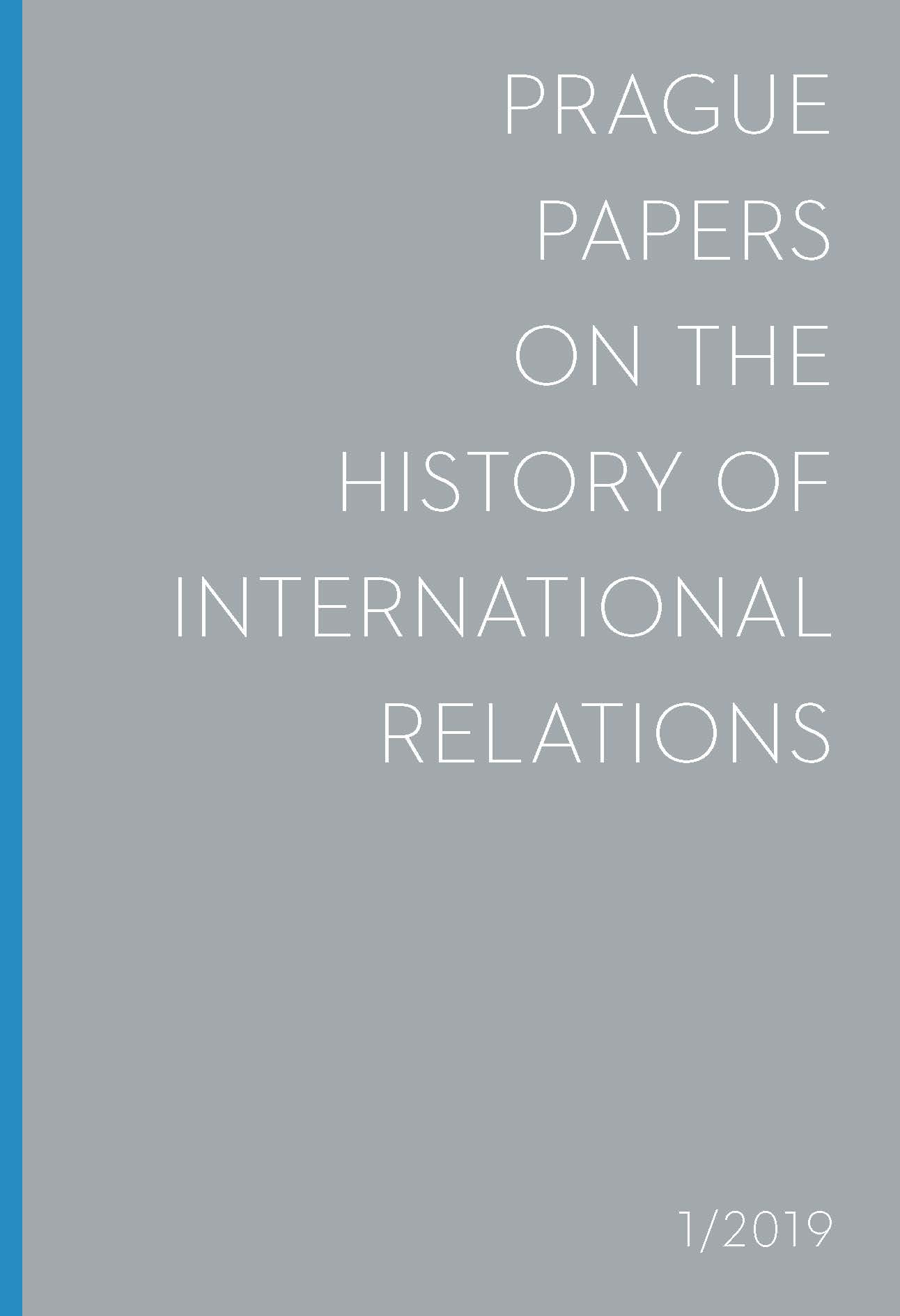Hamlet in Kashgar: British Diplomacy and the 1920 Afghan Attempt to Establish Relations with the Republic of China
Hamlet in Kashgar: British Diplomacy and the 1920 Afghan Attempt to Establish Relations with the Republic of China
Author(s): Matteo MieleSubject(s): History, Recent History (1900 till today)
Published by: Univerzita Karlova v Praze - Filozofická fakulta, Vydavatelství
Keywords: Afghanistan; United Kingdom; China; Hsin-chiang; Amānallāh; Russia; Bolsheviks; Great Game;
Summary/Abstract: The paper analyses the position of the British institutions, of the embassy in Peking and of the consulate general in Kashgar, before the attempt of the Afghan ruler Amānallāh to establish diplomaticrelations with the Chinese Republic in 1920. Amānallāh, who ascended the throne of the emirate in1919, rejected the British protectorate over Afghanistan and his victory in the Third Anglo-AfghanWar certified the country’s full independence. The provisional nature of the 1919 Treaty of Rawalpindi, followed by the Anglo-Afghan Treaty of 1921, left many doubts still open about the international status of Afghanistan. Moreover, the proximity between Afghanistan and the Russian Bolsheviks introduced a further ideological element of difficulty in the geopolitical picture of Central Asiaafter the First World War. Central to the diplomatic dialectic was also the status of Afghan subjectsin China, particularly in Hsin-chiang, and to whom their possible consular protection should be entrusted. The last part of the paper is dedicated precisely to the analysis of a specific case, the arrestof a man considered an Afghan by the Chinese, but subject of the princely state of Chitral accordingto the British. The case helped to better define the boundaries of the matter. The paper is essentiallybased on British archival sources.
Journal: Prague Papers on the History of International Relations
- Issue Year: 2019
- Issue No: 1
- Page Range: 54-64
- Page Count: 11
- Language: English

